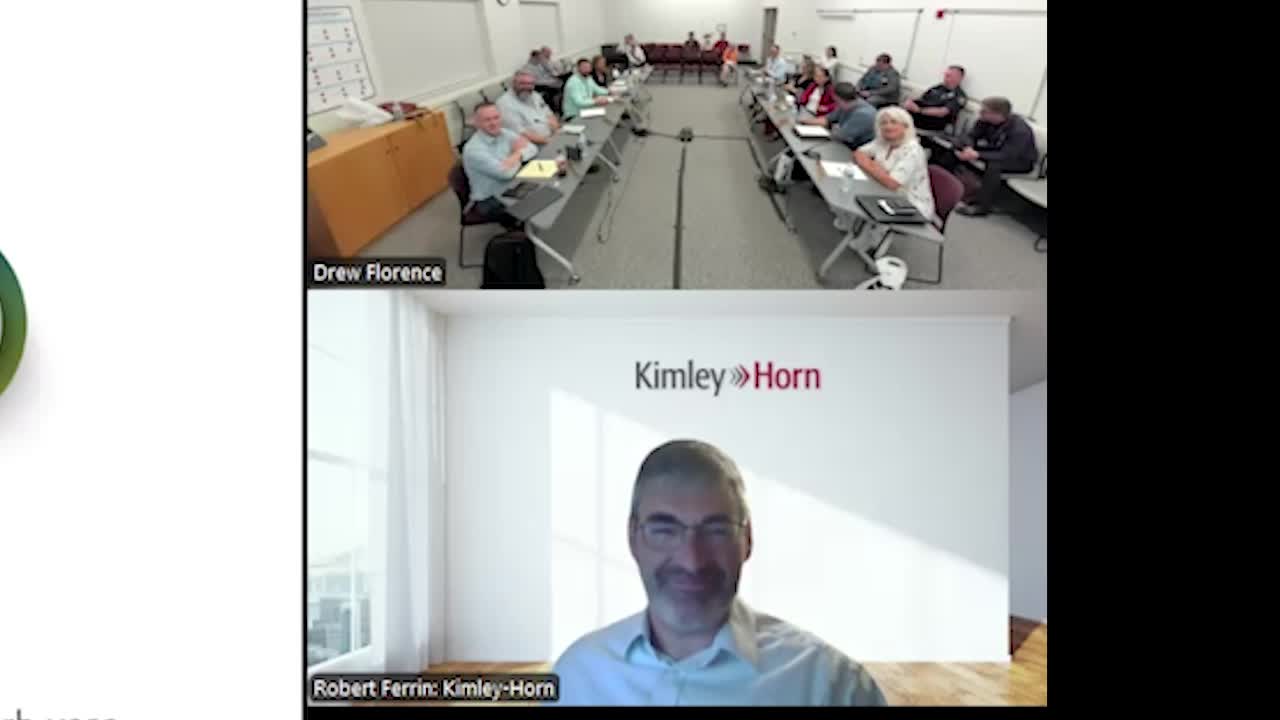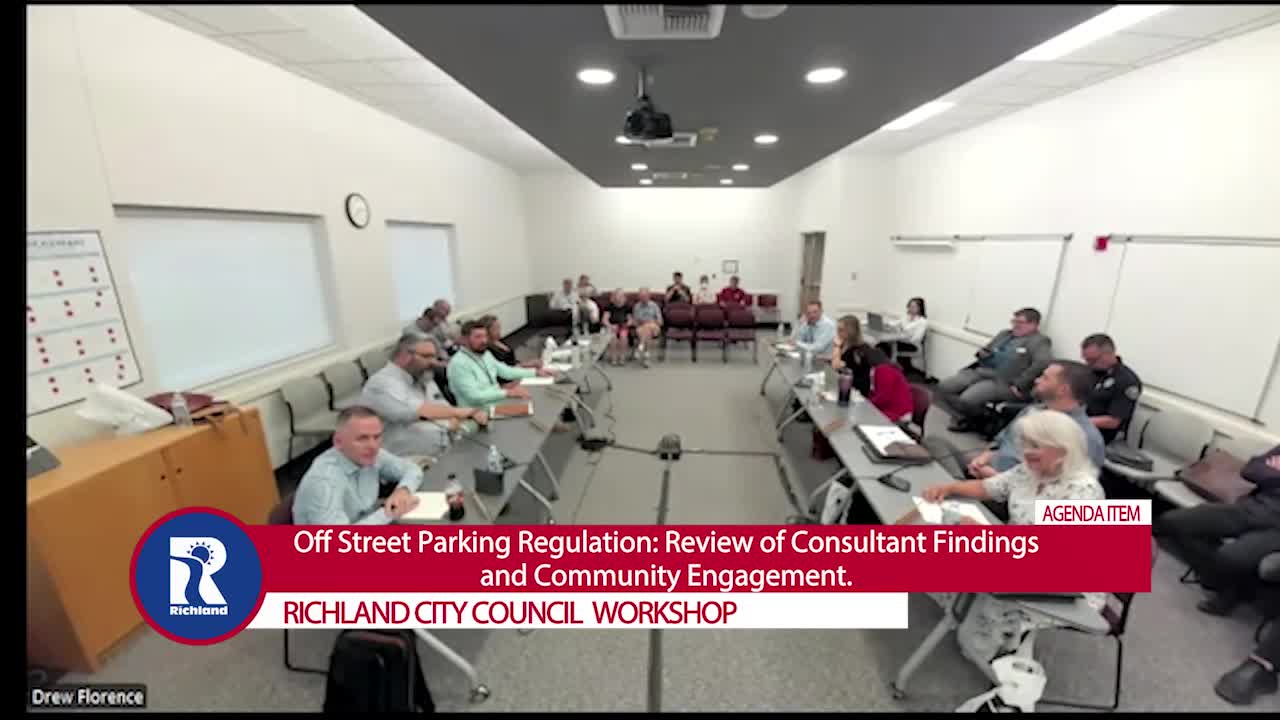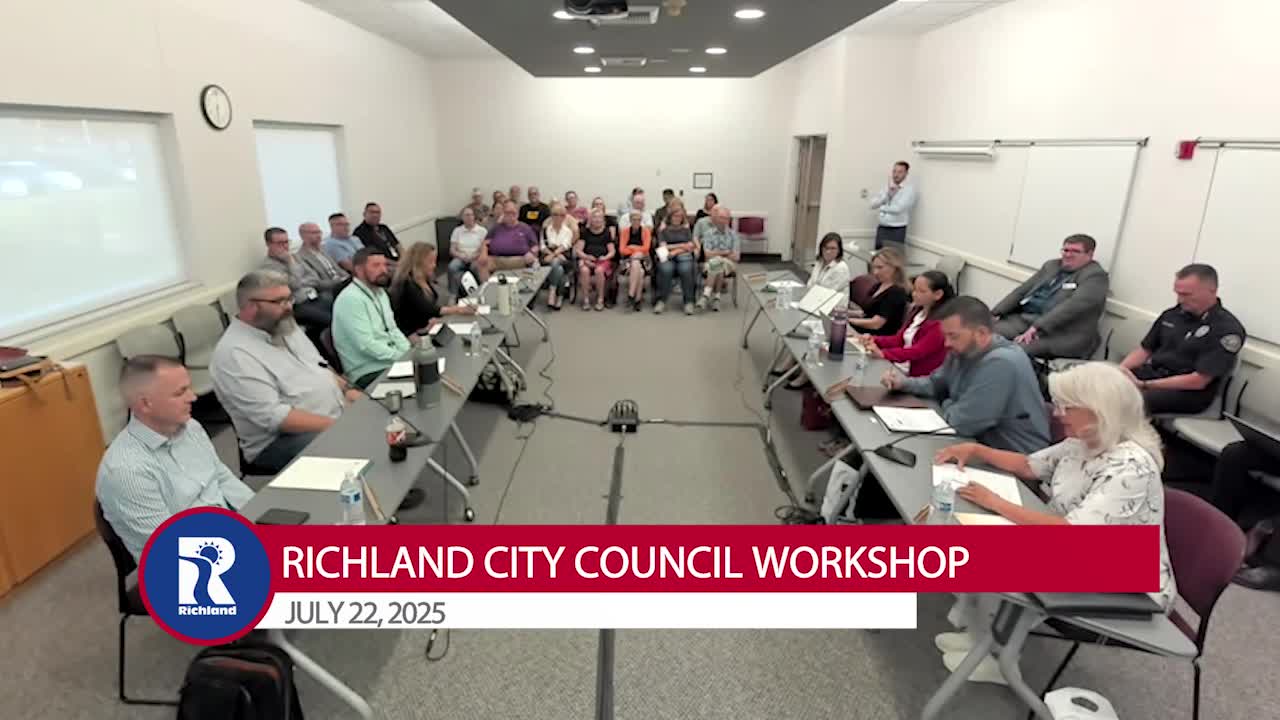Article not found
This article is no longer available. But don't worry—we've gathered other articles that discuss the same topic.

City manager proposes administrative policy for council letters of support; council asks for clarification

Richland hearing on parking study: consultant urges code changes, council split on citywide abolition

